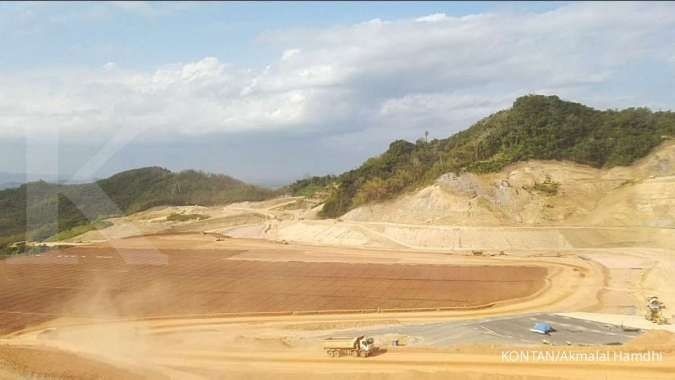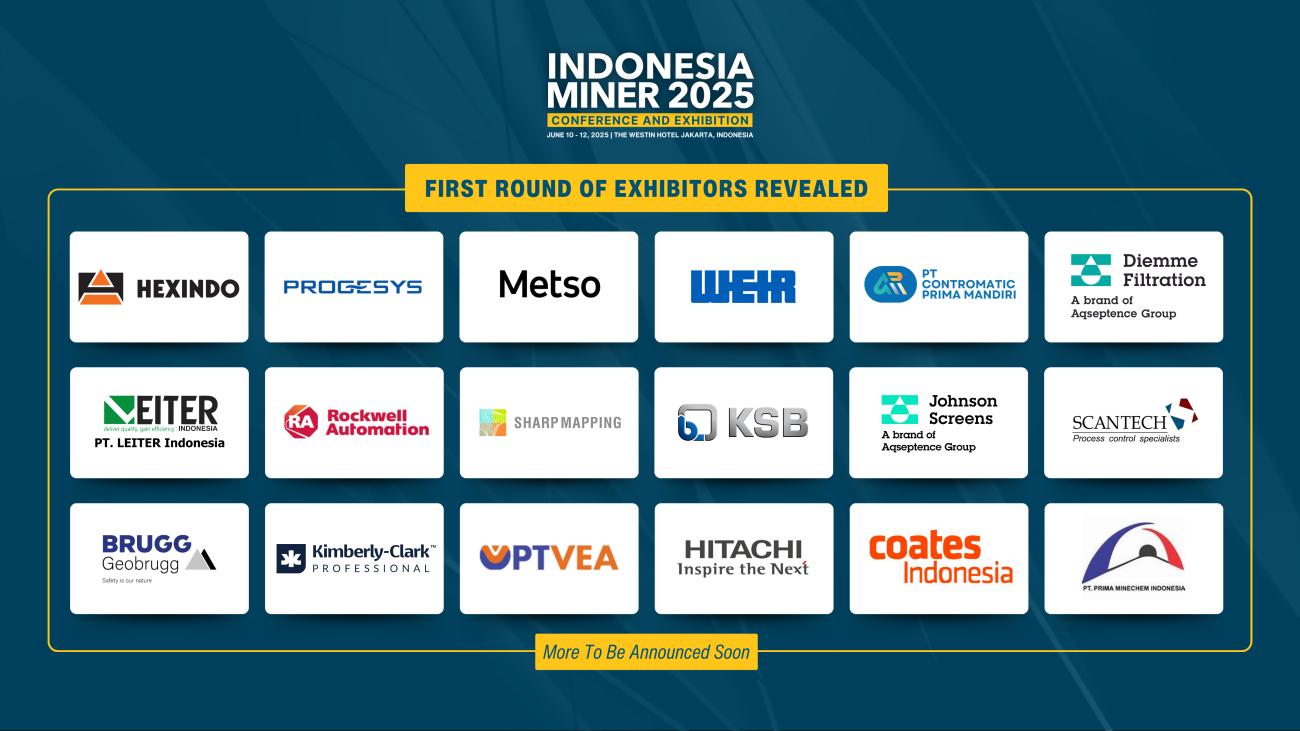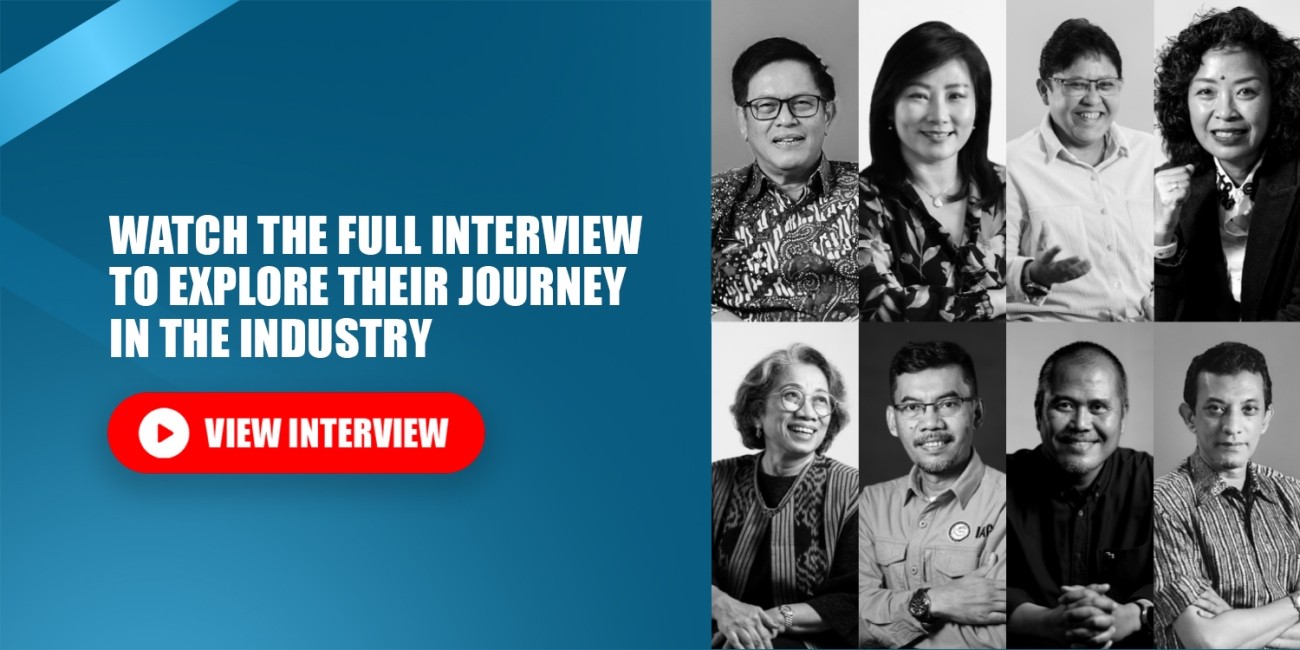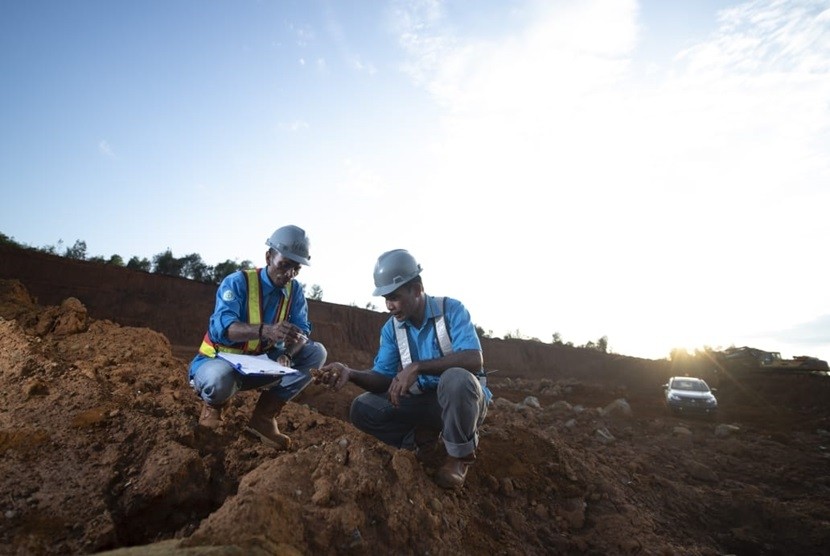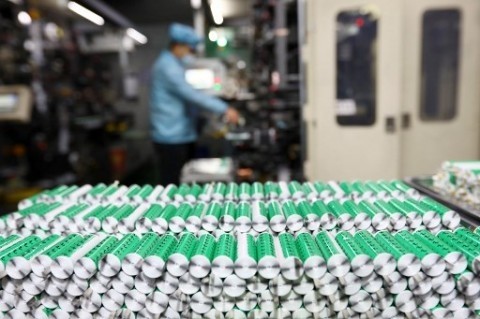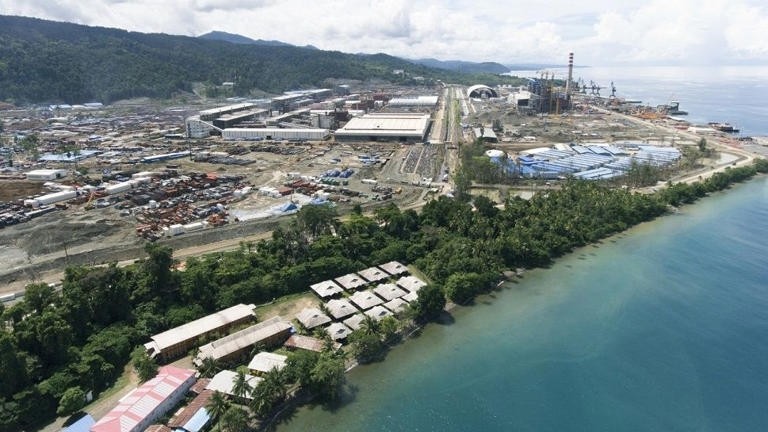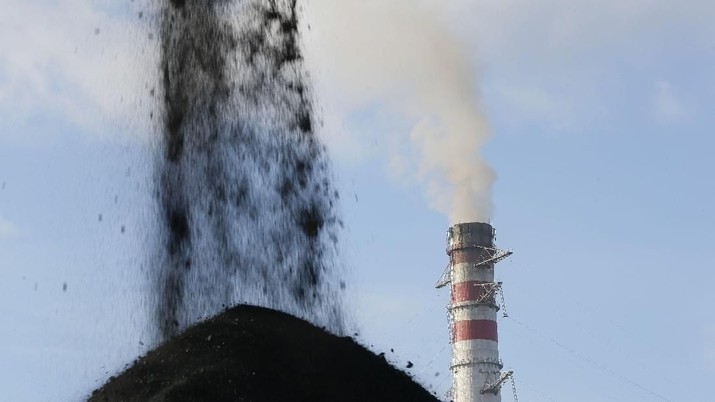Association of Indonesian Mining Professionals (PERHAPI) said that classifying a number of commodities as critical minerals is very important for domestic mineral management, especially to support downstream programs.
For information, the government issued the Minister of Energy and Mineral Resources Decree No. 296.K / MB.01 / MEM.B / 2023 regarding Stipulation of Types of Commodities Classified into Critical Mineral Classification. This regulation was enacted on September 14, 2023. It contains 47 minerals that are included in critical minerals.
Chairman of Association of Indonesian Mining Professionals (PERHAPI), Rizal Kasli, explained that several other countries had already classified critical minerals.
"This determination will have an impact on the management of critical minerals, starting from exploration to find reserves, mining and processing and use as well as marketing," he explained to Kontan.co.id, Monday (25/9).
Based on applications in other countries, Rizal explained, there are certain countries that prohibit critical minerals from being exported to other countries because they prioritize their domestic strategic interests.
In this way, the exploitation of critical minerals will also be regulated in such a way that the country will benefit. "Critical minerals will also determine a country's strategy and resilience," said Rizal.
Apart from that, regulations on the export of minerals classified as critical minerals can be carried out with this regulation. The government can prioritize domestic interests because they are important for domestic needs. It is also important in terms of national defense and resilience.
Previously, the Director of the Mineral and Coal Program, Tri Winarno, explained that critical minerals are usually used as raw materials for the solar panel manufacturing industry, wind turbines, and the battery industry used for electric vehicles, as well as storage for New Renewable Energy plants.
"Critical minerals also have very high value because they are difficult to find, extracted in economical quantities, and not easily replaced with metals or other materials," he said in a side event of the ASEAN Energy Business Forum (AEBF) entitled 'Critical Minerals: Opportunities And Challenges For ASEAN' at the Bali Nusa Dua Convention Center, Bali, Friday (25/8).
With the vitality and high value of these critical minerals, Tri said, the need for critical minerals will increase significantly. This creates a challenge in terms of providing critical mineral supplies at the global level.
"Another challenge is how we can further explore existing critical mineral resources, given the geological configuration in the ASEAN region," said Tri.
According to Tri, mineral downstreaming in ASEAN is also another challenge where ASEAN countries must master mineral refining technology to help develop downstreaming in the future.
MIND ID President Director Hendi Prio Santoso said that MIND ID, as the BUMN Holding of the mining industry in Indonesia, was assigned by the government to manage and downstream mineral resources, as well as being part of the energy transition, by maintaining the supply chain of commodities produced from critical minerals, which are raw materials in the development of renewable energy.
Therefore, the challenges that exist in managing critical minerals must be turned into great opportunities to realize energy security in the future.
"In facing the geographical and technological challenges of critical minerals and a circular economy for total extraction, collaboration and/or alliances of countries rich in minerals and technology are needed to build a resilient and sustainable clean energy industry," concluded Hendi.
Image source: KONTAN/Akmalal Hamdhi
Image source: KONTAN/Akmalal Hamdhi
Source Link: https://industri.kontan.co.id/news/pemerintah-bisa-utamakan-pasokan-mineral-kritis-untuk-kepentingan-dalam-negeri
